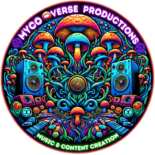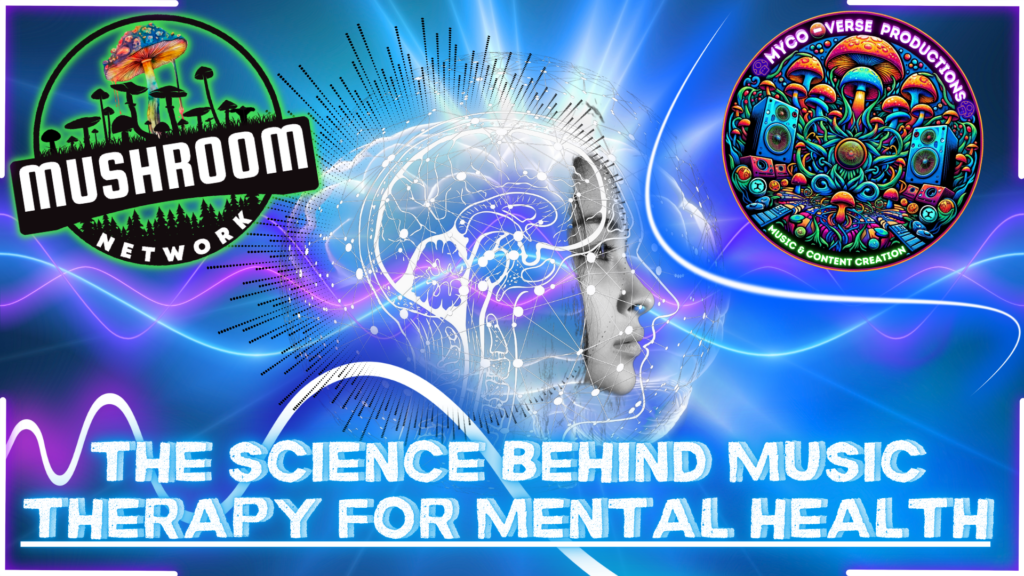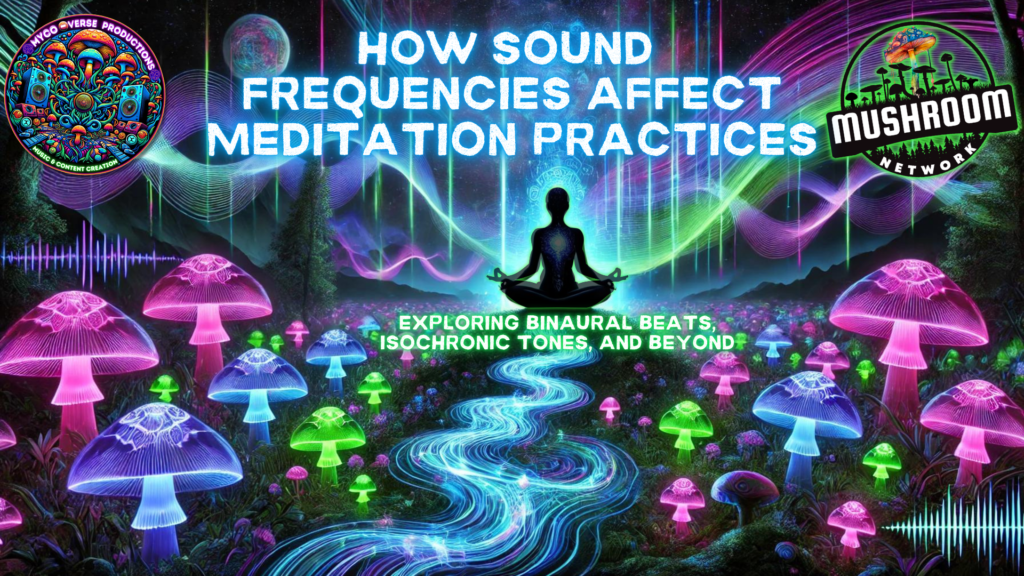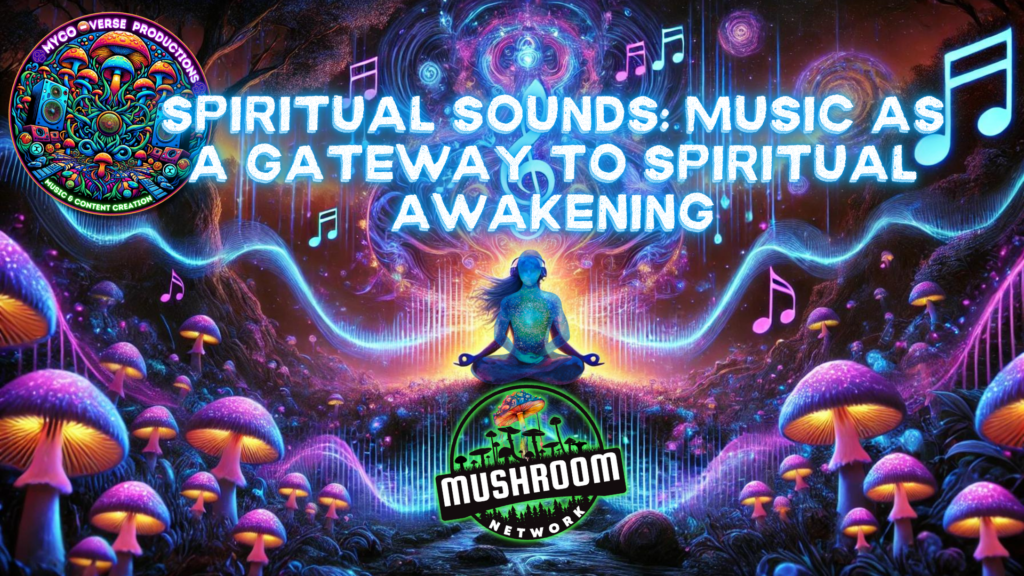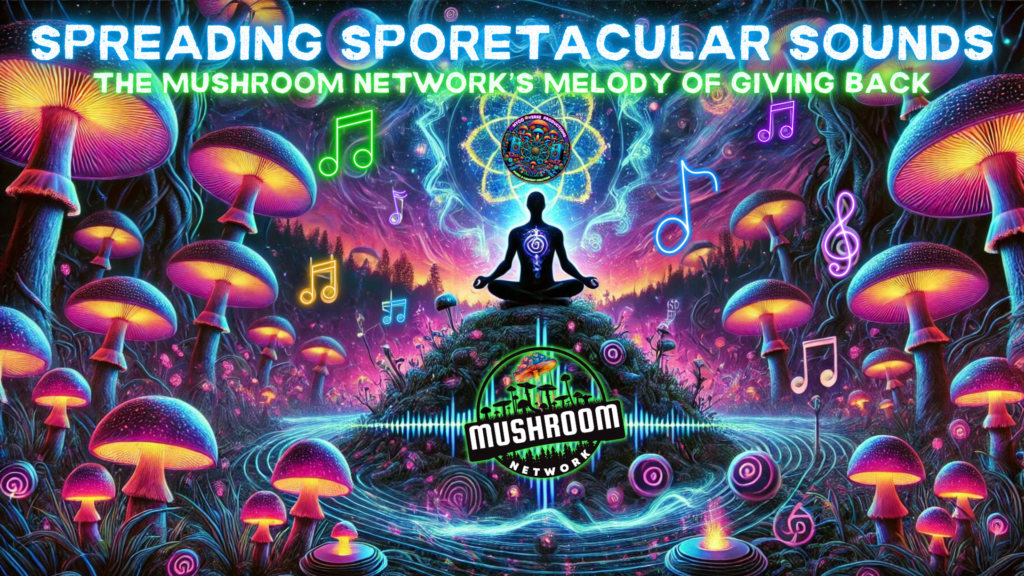Music has a profound impact on our emotions, minds, and even our bodies. From the ancient drumbeats that brought communities together to modern-day compositions that can soothe the soul, music holds a special place in human culture. But it goes deeper than just enjoyment. Emerging research has uncovered how music can be a potent therapeutic tool, particularly for mental health conditions like anxiety, depression, and PTSD. Welcome to the fascinating world of music therapy!
The Brain on Music: A Symphony of Science
When you listen to music, your brain lights up like a well-orchestrated symphony. Different regions are activated, including areas responsible for memory, emotion, and motor function. Ever notice how a specific song can take you back in time, almost transporting you to a memory? That’s your brain’s hippocampus, the part responsible for memory, hard at work.
But what about emotions? Music taps into the limbic system, the brain’s emotional control center. When a powerful song strikes the right chord, your limbic system responds by releasing dopamine—a feel-good neurotransmitter. Essentially, your brain rewards you for listening to music, which is why it feels so good. Whether you’re listening to the tranquil sounds of nature or head-banging to heavy metal, the emotional response is undeniable.

Music as Medicine for the Mind
Music therapy isn’t a new concept, but its credibility has skyrocketed as scientific research supports its benefits. Music therapy can be defined as the clinical use of music interventions to accomplish individualized goals within a therapeutic relationship. But the impact of music goes beyond just making you feel better. It has measurable effects on mental health, particularly for individuals grappling with anxiety, depression, and PTSD.
1. Anxiety: Hitting the Right Notes
Imagine this: You’ve had a long, stressful day, and the weight of anxiety is pressing down. Suddenly, your favorite song comes on, and almost instantly, you feel lighter. Research shows that music can reduce anxiety by lowering levels of cortisol, the body’s primary stress hormone. In fact, studies have shown that music therapy can decrease anxiety in patients undergoing surgeries or receiving cancer treatments, offering a non-invasive way to soothe the mind and body.
The calming power of music lies in its ability to slow the heart rate and ease tension, mimicking the effects of deep breathing or meditation. It’s no surprise that hospitals and wellness centers are increasingly integrating music therapy to help patients feel more at ease.
2. Depression: A Melodic Uplift
Depression is a mental health condition that can drain the color from life. For those suffering from it, even the simplest tasks can feel insurmountable. Enter music therapy. Research has found that listening to music, especially music that resonates emotionally, can reduce symptoms of depression. Music helps to regulate mood, promote self-expression, and enhance motivation—something crucial for anyone battling the lethargy and hopelessness that depression brings.
In one study, individuals with depression who participated in music therapy sessions showed significant improvement in their mood and emotional well-being compared to those who did not. The theory here is that music helps facilitate a positive mental environment, enabling individuals to process emotions more effectively.
3. PTSD: Healing Through Sound
For individuals with PTSD (Post-Traumatic Stress Disorder), the past often feels too present. Memories can haunt, triggers can overwhelm, and finding peace seems impossible. Music therapy offers a refuge. Veterans with PTSD have been shown to benefit greatly from music therapy, where listening to and creating music becomes a pathway to processing trauma in a safe, controlled environment.
Music can help “unlock” memories and emotions that are difficult to express verbally, offering a non-threatening way to engage with painful experiences. Additionally, rhythmic music can regulate breathing and heart rate, both of which can become erratic during anxiety or panic episodes common in PTSD. Through these small but powerful effects, music creates an emotional safe space for healing.

How Does Music Therapy Work?
You may be wondering—how exactly does this magical combination of beats and melodies translate into therapy? There are several ways to incorporate music therapy into mental health treatment, including:
- Listening to Music: Guided listening, where a therapist selects music based on the patient’s emotional state or therapeutic goals.
- Playing Instruments: Engaging in music creation can be an expressive outlet for feelings that are difficult to articulate.
- Songwriting: Composing lyrics and melodies that reflect personal struggles can help people process their emotions in a creative way.
- Group Music Sessions: These foster social connections and support, crucial for anyone feeling isolated due to their mental health challenges.
The Mushroom Network and the Power of Music
As an artist, The Mushroom Network taps into this incredible healing potential of music. Rooted in a deep understanding of the challenges of mental health—including ADHD, PTSD, and anxiety—the music produced isn’t just sound; it’s therapy. Each track is a journey through struggle and triumph, a melodic reflection of life’s ups and downs.
Through the fusion of sound and the natural world, The Mushroom Network aims to connect listeners with their own inner struggles and offer solace through shared experiences. In a world filled with chaos, their music offers an escape—an invitation to heal, reflect, and, ultimately, grow.
So whether you’re seeking a way to manage stress, break through the fog of depression, or find peace amidst trauma, remember that music is more than just entertainment. It’s therapy, it’s healing, and it might just be the key to unlocking your mental wellness.
Want to explore the musical journey further?
Dive deeper with The Mushroom Network on Spotify or subscribe to our YouTube Channel.

